Why the Beyoncé controversy is bigger than you think
(CNN)Beyoncé is certainly not the first celebrity to cause a stir by inserting race into her art, but there's a reason why her recent actions are resonating.
Quite simply, she is one of those stars of color who -- until now -- has been beyond race for the mainstream audience.
That was the basis of a recent "Saturday Night Live" skit that portrayed white fans freaking out about her "blackness," as conveyed by her new "Formation" music video and a Super Bowl halftime performance in which her backup dancers dressed in Black Panther-esque outfits.
The halftime show has prompted a number of discussions both pro- and anti-Beyoncé.
Nation of Islam Minister Louis Farrakhan backed the superstar during a sermon Sunday. Fans rallied around the singer on social media, and a protest at National Football League headquarters in New York ended up drawing only Beyoncé supporters.
However, police have argued that the imagery in the music video is anti-law enforcement, and her apparent tribute to the Black Panthers fell just as flat, given that group's history of tensions with authorities.
Departments across the country have been discussing symbolic stands against the singer, whose video also featured imagery closely aligned with the #BlackLivesMatters movement. One scene in the "Formation" video features a young African-American boy in a hoodie dancing in front of a line of police officers wearing riot gear; then, the words "Stop Shooting Us" appear in graffiti on a wall.
A police union in Raleigh, North Carolina, voted unanimously Tuesday night not to boycott off-duty security work for her upcoming show there.
The superstar's stadium tour kicks off April 27 in Miami, and the Miami Fraternal Order of Police has urged a boycott there.
In a statement posted on the group's website, Tampa Police Benevolent Association President Vincent Gericitano said his group's officers were "disgusted" with the Super Bowl show and Beyoncé's new music video.
The Nashville Fraternal Order of Police asked its members to not voluntarily work the concert there.
"If we volunteer to work her event, we're basically saying, 'you can say or do anything you want to when it comes to police officers, and we're just going to sit and take it,' " Sgt. Danny Hale, president of the Nashville Fraternal Order of Police, Andrew Jackson Lodge No. 5, told The Tennessean."We've been under attack for the past eight, 10, 12 months. Some things that are done and said are just not fair, and it's not right."
Authorities have been clear that they are not calling for officers to not do their jobs, just to reconsider working security for her shows, as some off-duty officers have done to make extra money.
"I can guarantee that if Beyoncé needs help anywhere, police would respond," said Sgt. Ed Mullins, president of the Sergeants Benevolent Association in New York. "She made a statement, and now law enforcement is making a statement. What's clear is that no one in the country is trying to resolve the issues between communities of color and the distrust of law enforcement."
Not everyone is backing officers who have called for the Beyoncé boycott, however.
One person tweeted, "The American police are bullying Beyoncé because she asked for police not to murder black people, please and thank you."
The National Sheriffs' Association linked Beyoncé's "anti-police 'entertainment' " performance to the "senseless killing of seven deputies in the U.S. since the (Super Bowl halftime performance) aired." A sheriff in Tennessee said after shots were fired outside his home that Beyoncé's video may have provoked the incident.
But New York Daily News columnist Shaun King wrote Monday that the officers' killings were not about race.
"The facts are seven of eight officers who've been killed this year in the United States have been killed by angry, armed white men," King wrote.
The controversy has not hurt Beyoncé's ticket sales, however.
Billboard reports that the 39-date tour "has already taken in over $100 million in ticket sales, with Beyoncé inevitably headed toward a sold-out run and one of the hottest tours of 2016."
"Even Taylor Swift, whose 1989 tour last year topped all artists at $250 million gross and 2.3 million attendance to 83 shows, according to Boxscore, did not play stadiums exclusively. In fact, only one act, The Rolling Stones, played all stadiums in 2016, and only Coldplay has joined Beyoncé in rolling out a full-on stadium tour for 2016 -- so far," Billboard said.
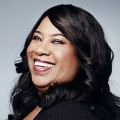

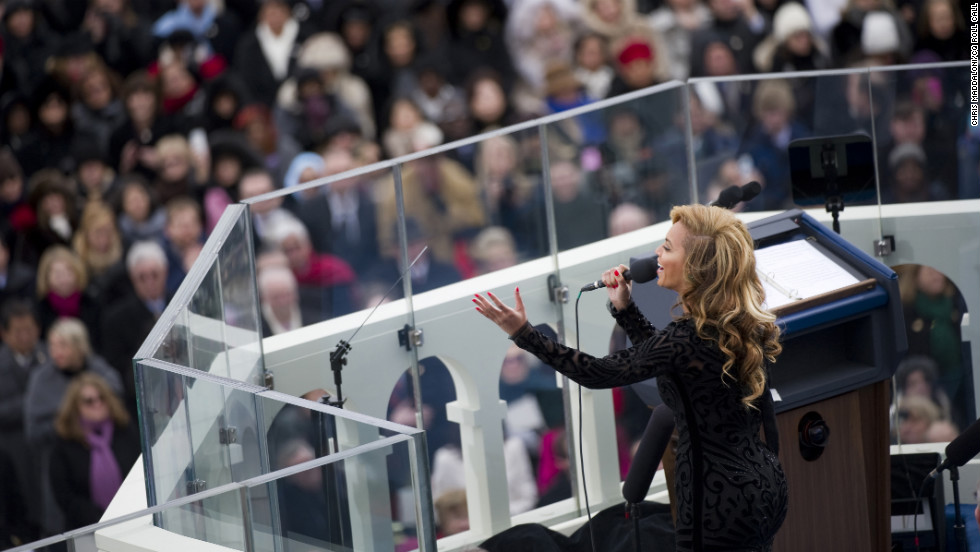

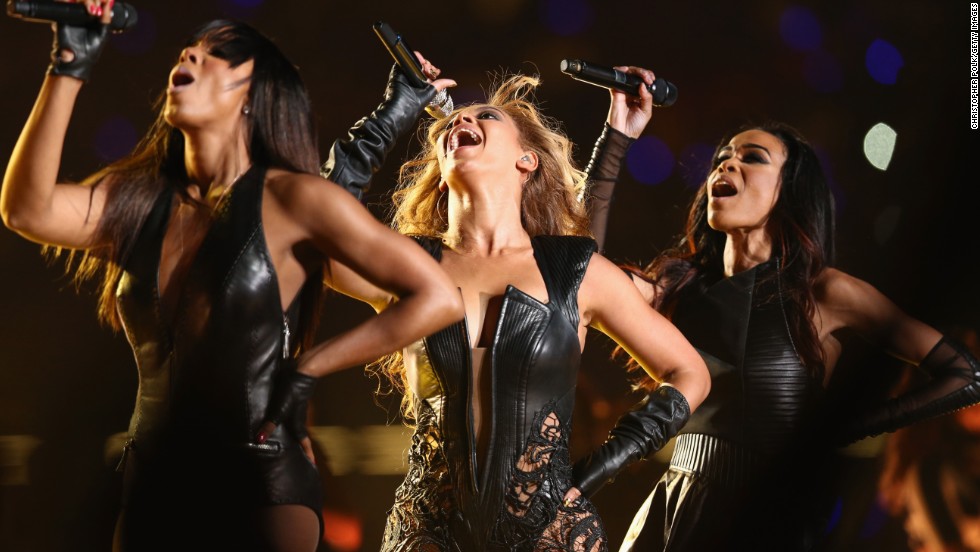

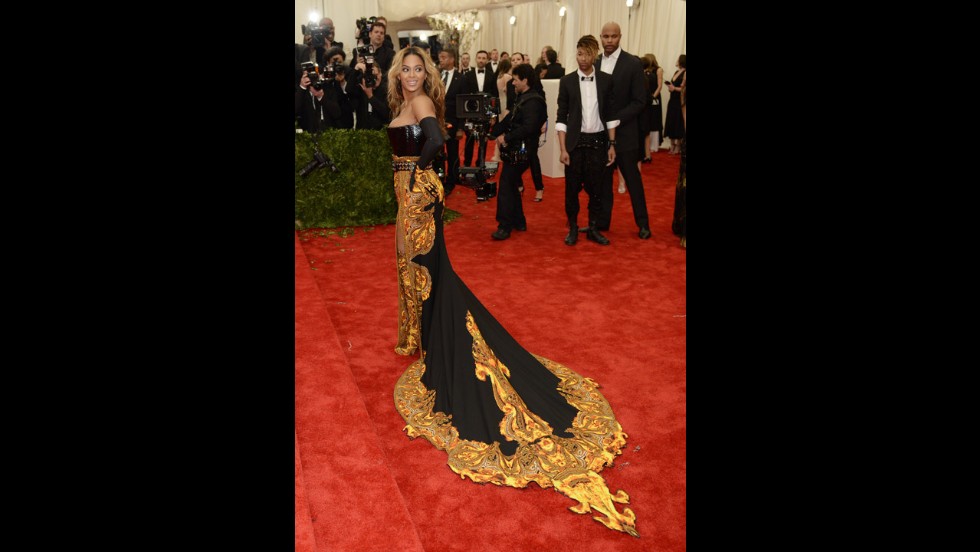

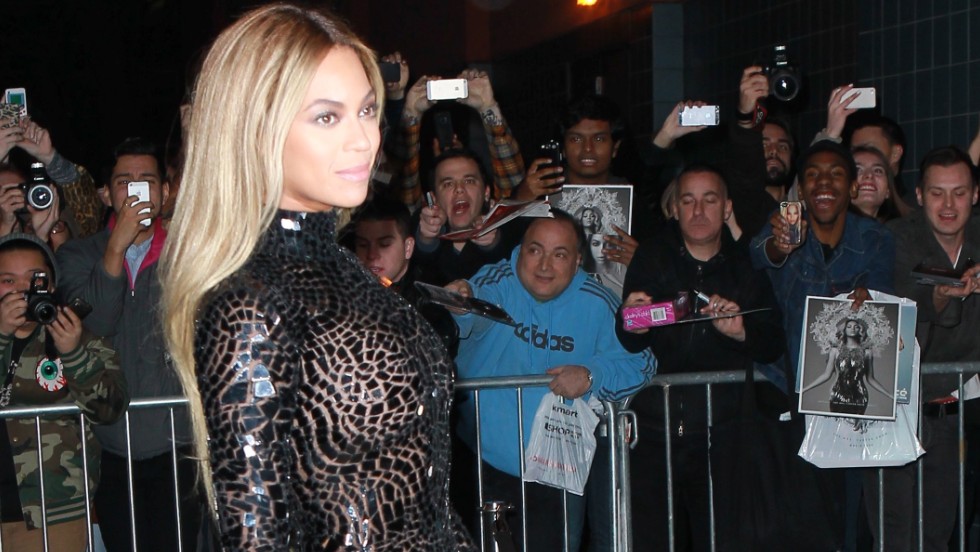


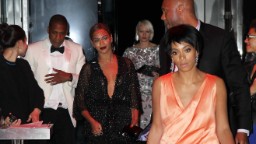
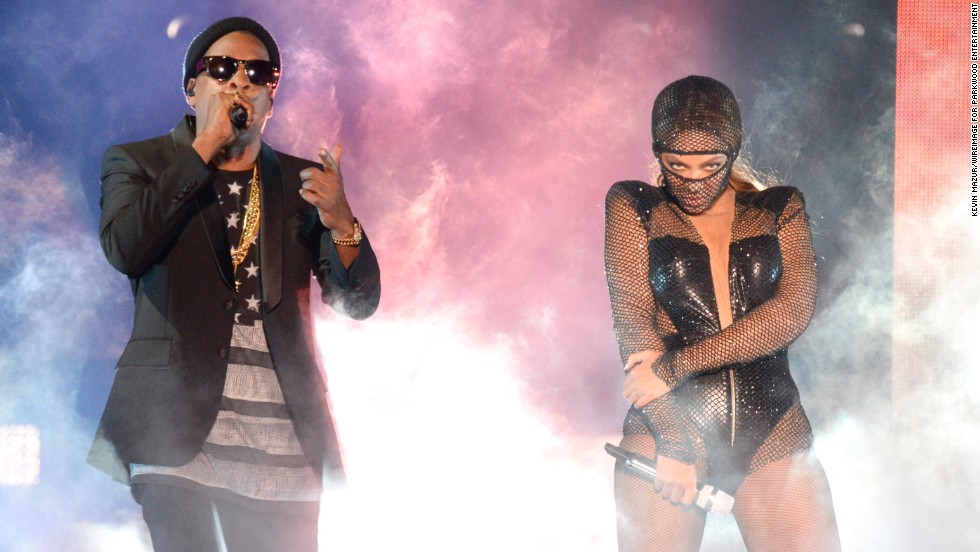





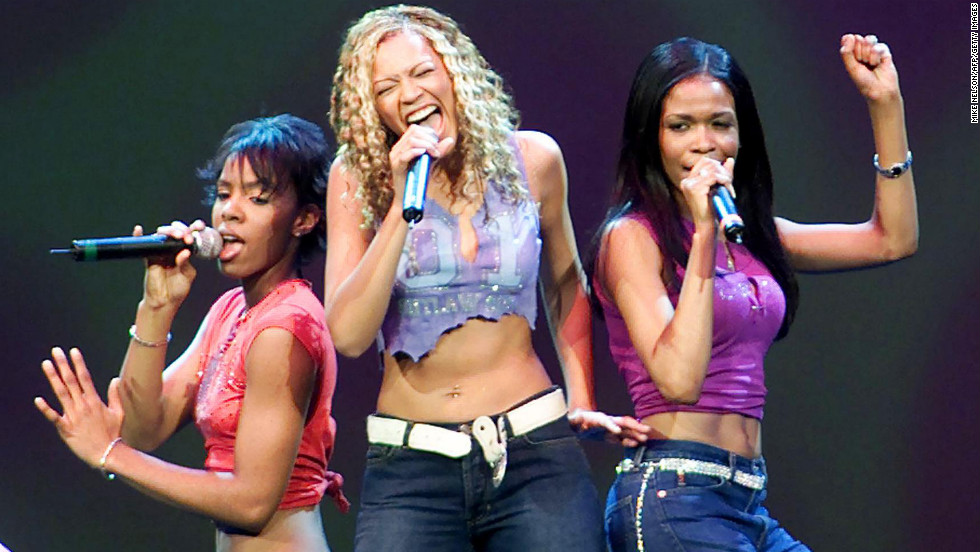

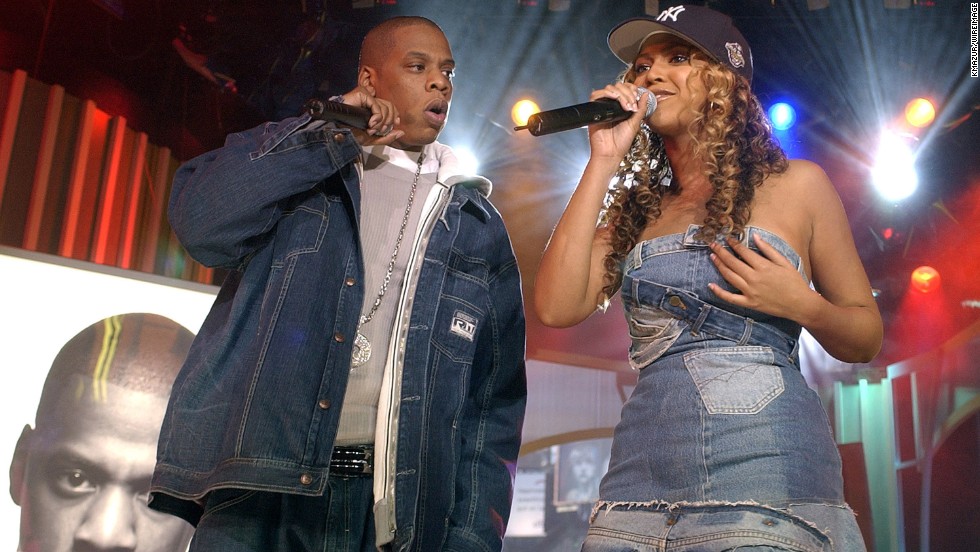

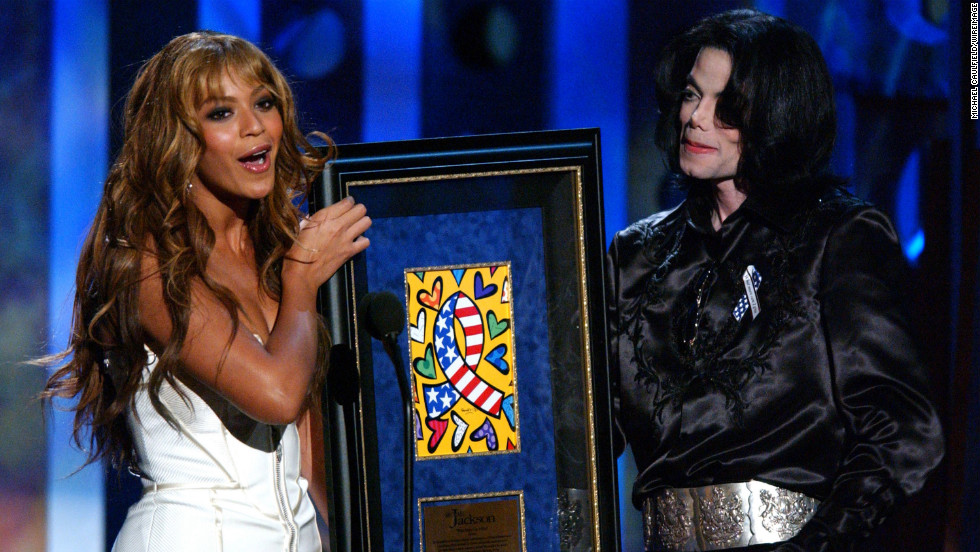

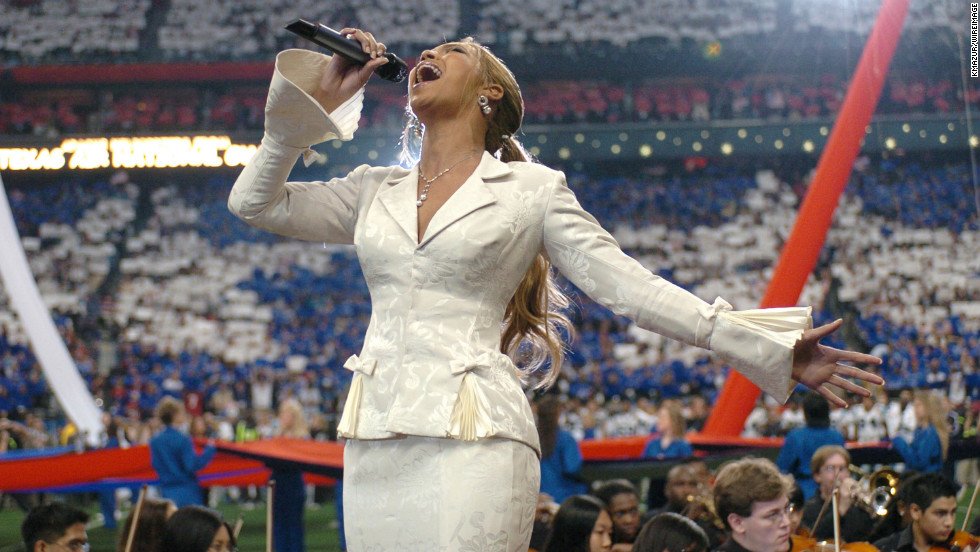

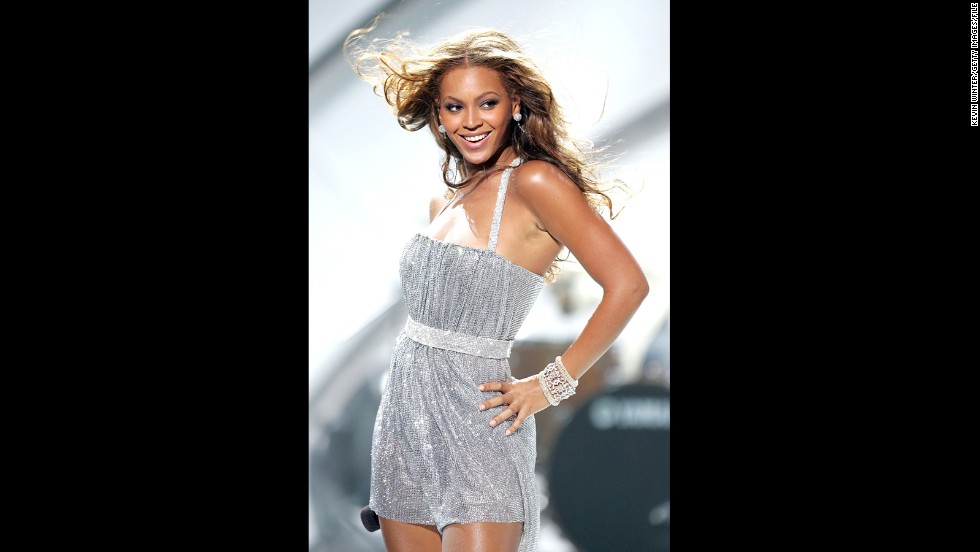

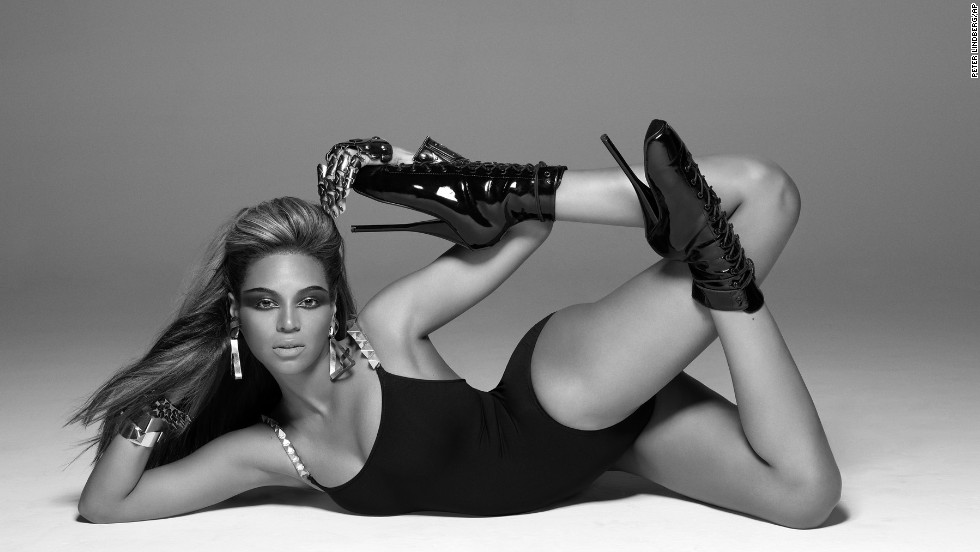

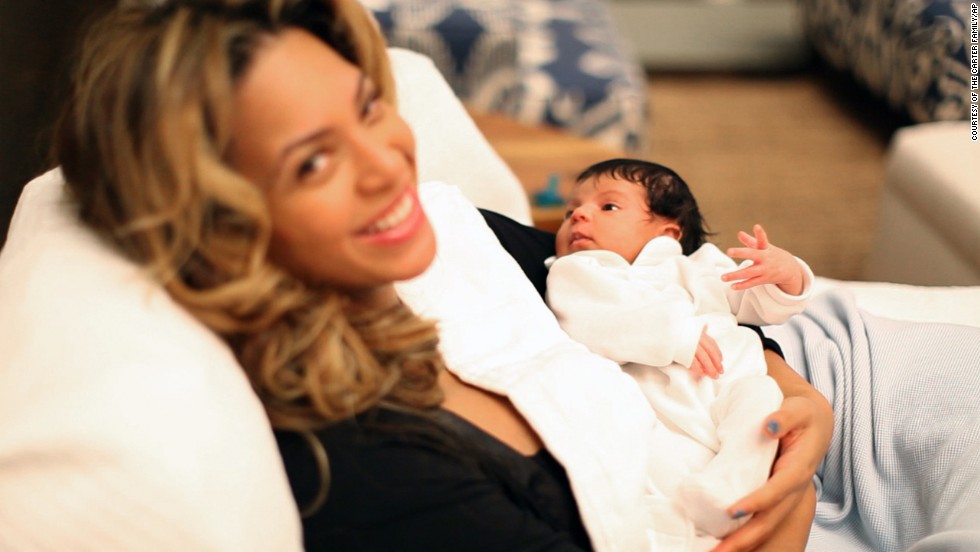
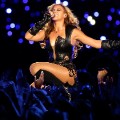










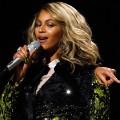
















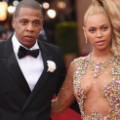
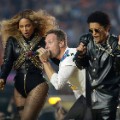
No comments:
Post a Comment